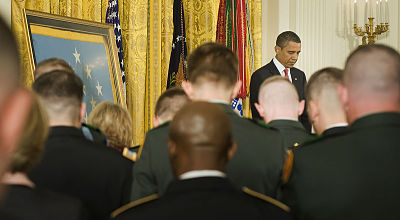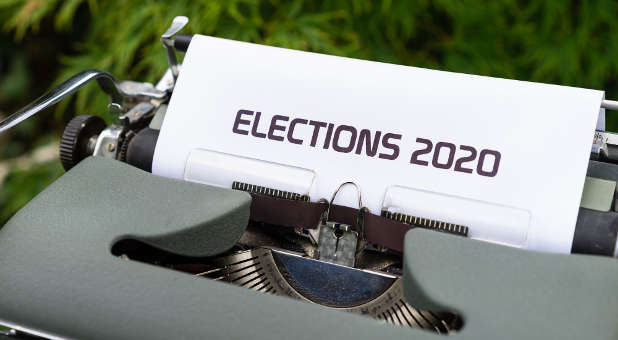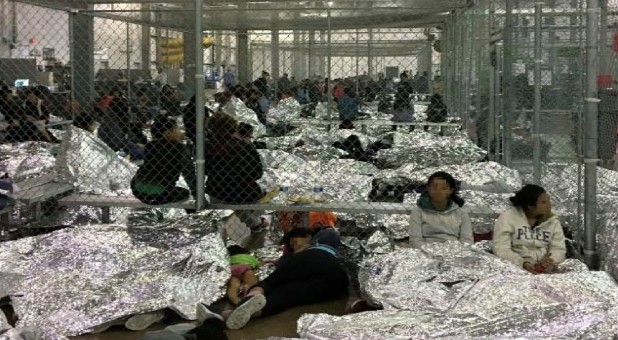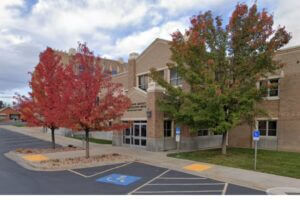Presidential candidates who share their faith on the campaign trail may not be helping their bid for the nomination, according to a recent LifeWay Research survey of American adults.
The online survey, conducted Sept. 23-26, asked: “When a candidate running for office regularly expresses religious conviction or activity, how does that impact your vote?”
According to the survey, only one in six Americans (16 percent) are more likely to vote for a candidate who regularly shares his religious beliefs.
While 30 percent indicate they would be less likely to vote for a candidate expressing religious activity, 28 percent say it would have no impact on their choice of candidate. Twenty-one percent of Americans say it would depend on the candidate’s religion.
According to age distinctions, the survey revealed younger Americans ages 18-29 (24 percent) and ages 30-49 (24 percent) are more likely to select “depends on the religion” of the candidate. Those age 65 and over are the most likely (37 percent) to say a candidate’s expression of religious conviction or activity would have no impact on their choice of candidate.
“Millennials are not known for active involvement in matters and practices of faith,” said Scott McConnell, director of LifeWay Research. “Yet this survey reveals that young adults do have stronger feelings and that they are more likely to vote differently depending on which religious convictions a candidate expresses.”
Americans who consider themselves to be a born-again, evangelical or fundamentalist Christian are more likely (28 percent vs. 11 percent) to select “more likely to vote for the candidate” expressing religious conviction compared to Americans who do not share their religious beliefs. Similarly, these Christians are more likely to select “depends on the religion” compared to those who do not identify with these beliefs (36 percent vs. 20 percent).
Americans who never attend a place of worship are most likely (67 percent) to say a candidate’s expression of religious conviction or activity would make them “less likely to vote for a candidate.” Only 3 percent would be more likely to vote for the candidate.
“Different people get a different picture in their mind when a political candidate shares or shows their religious convictions,” McConnell said. “While some Americans warm up to this, many don’t see it as a positive.
African Americans are most likely to be put off by a candidate’s religious expression—just 2 percent say they would be “more likely to vote for the candidate.” Hispanic Americans (41 percent) and African Americans (43 percent) indicate they would be less likely to vote for a candidate expressing religious conviction or activity.
“In fact, two-thirds of Americans who never attend a place of worship appear to flee from candidates who repeatedly put their religion in front of them and four in 10 Hispanic and African-American adults take it as a cue that the candidate is not for them,” McConnell said.
“A few Americans value any sign of religious conviction in their choice of candidates, but one in five indicate the candidate’s choice of religion matters in their voting decision,” said McConnell.
See an error in this article?
To contact us or to submit an article






















